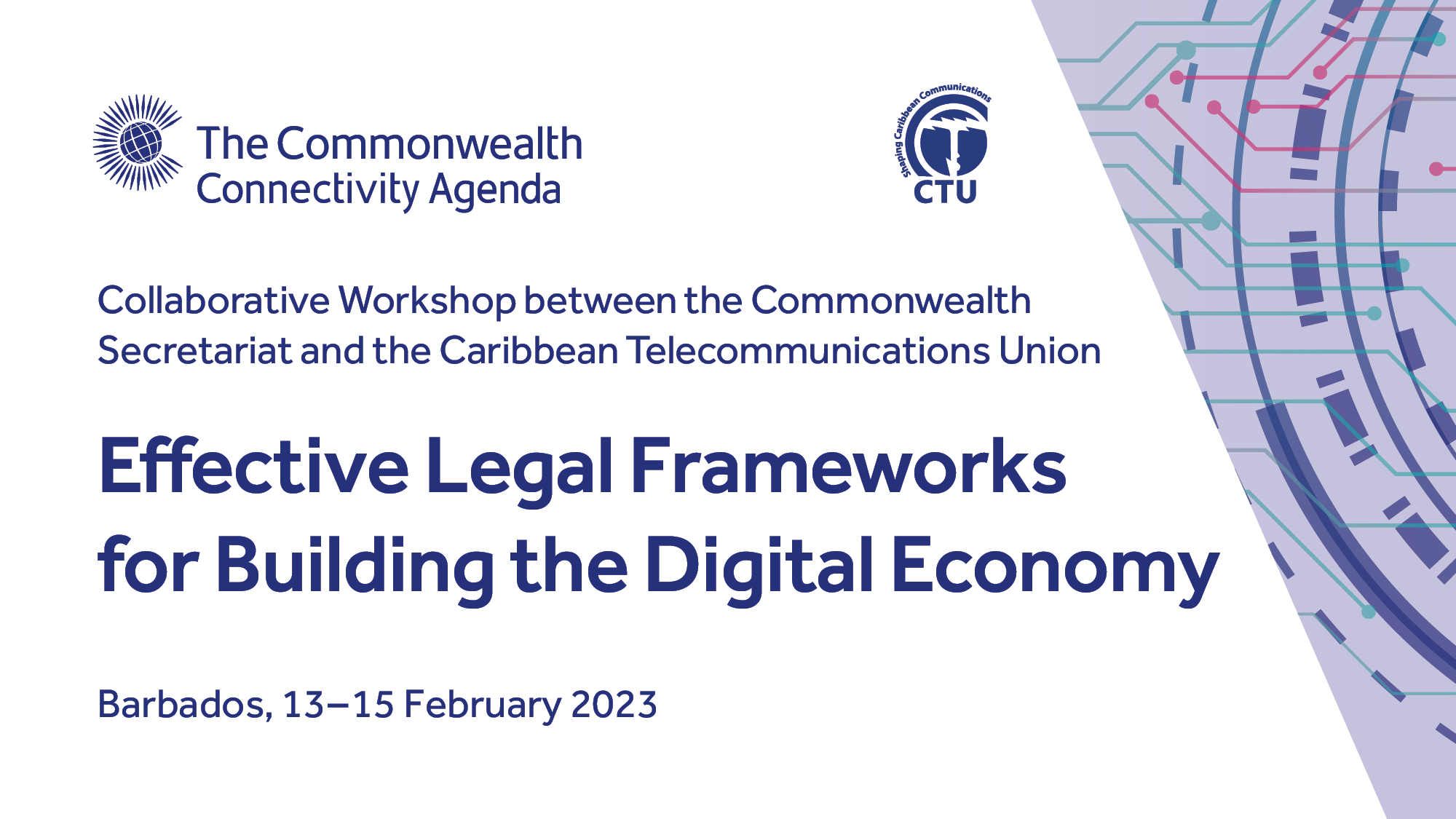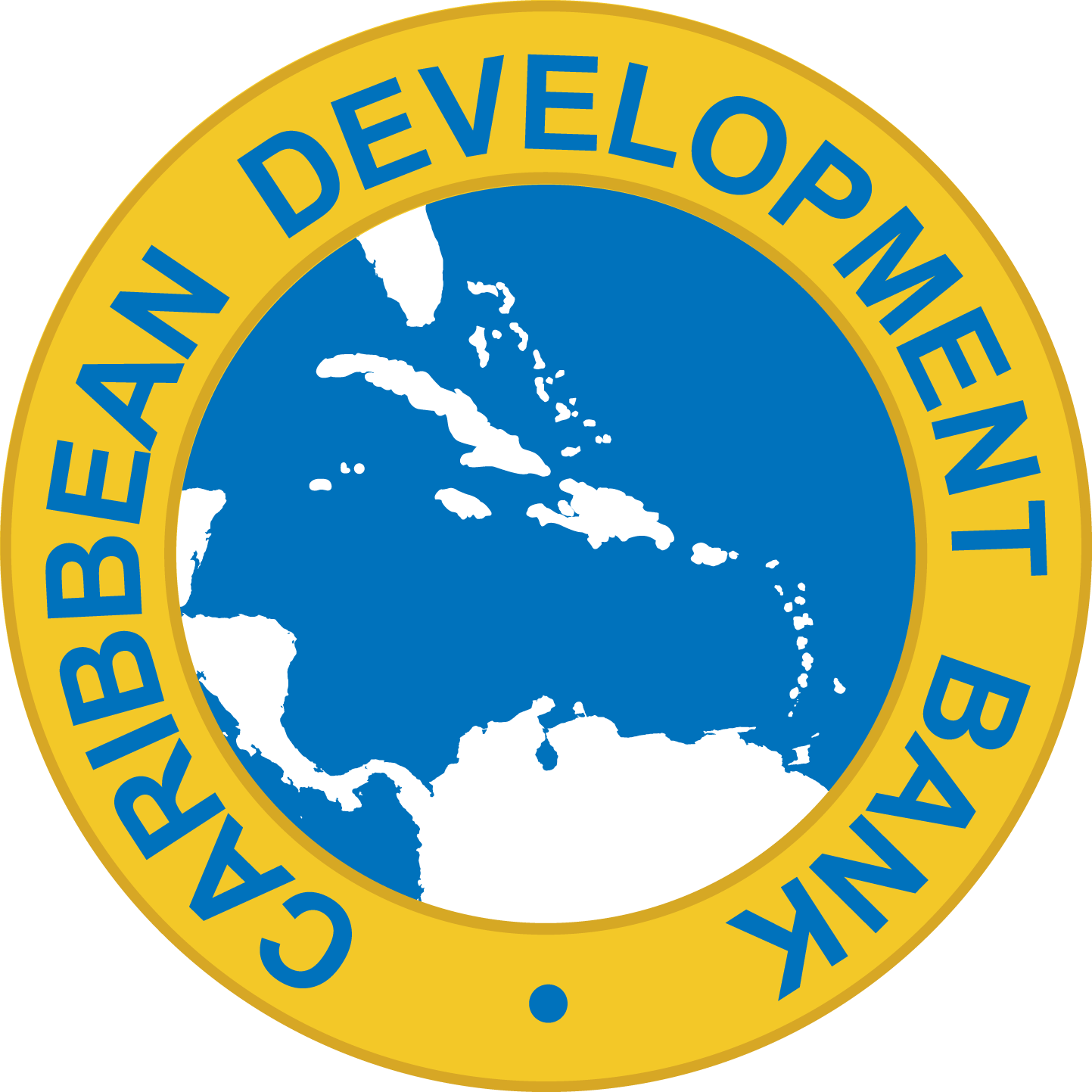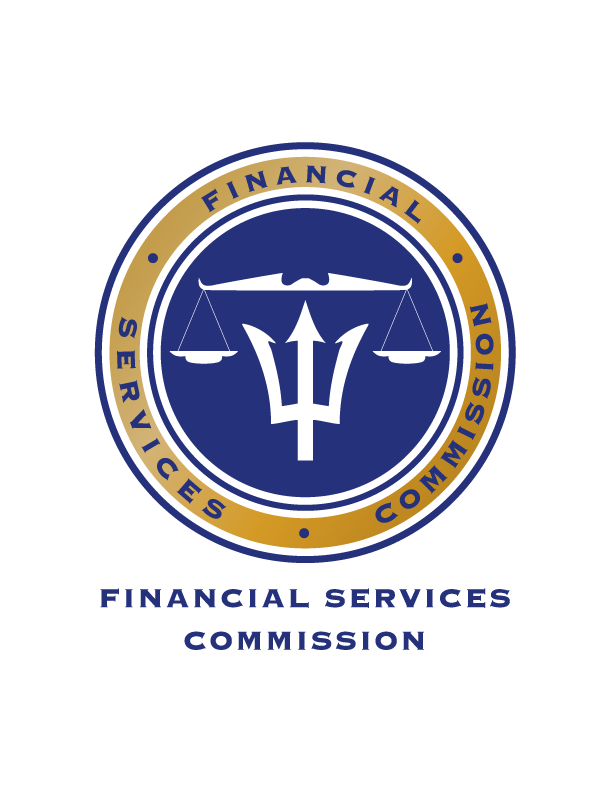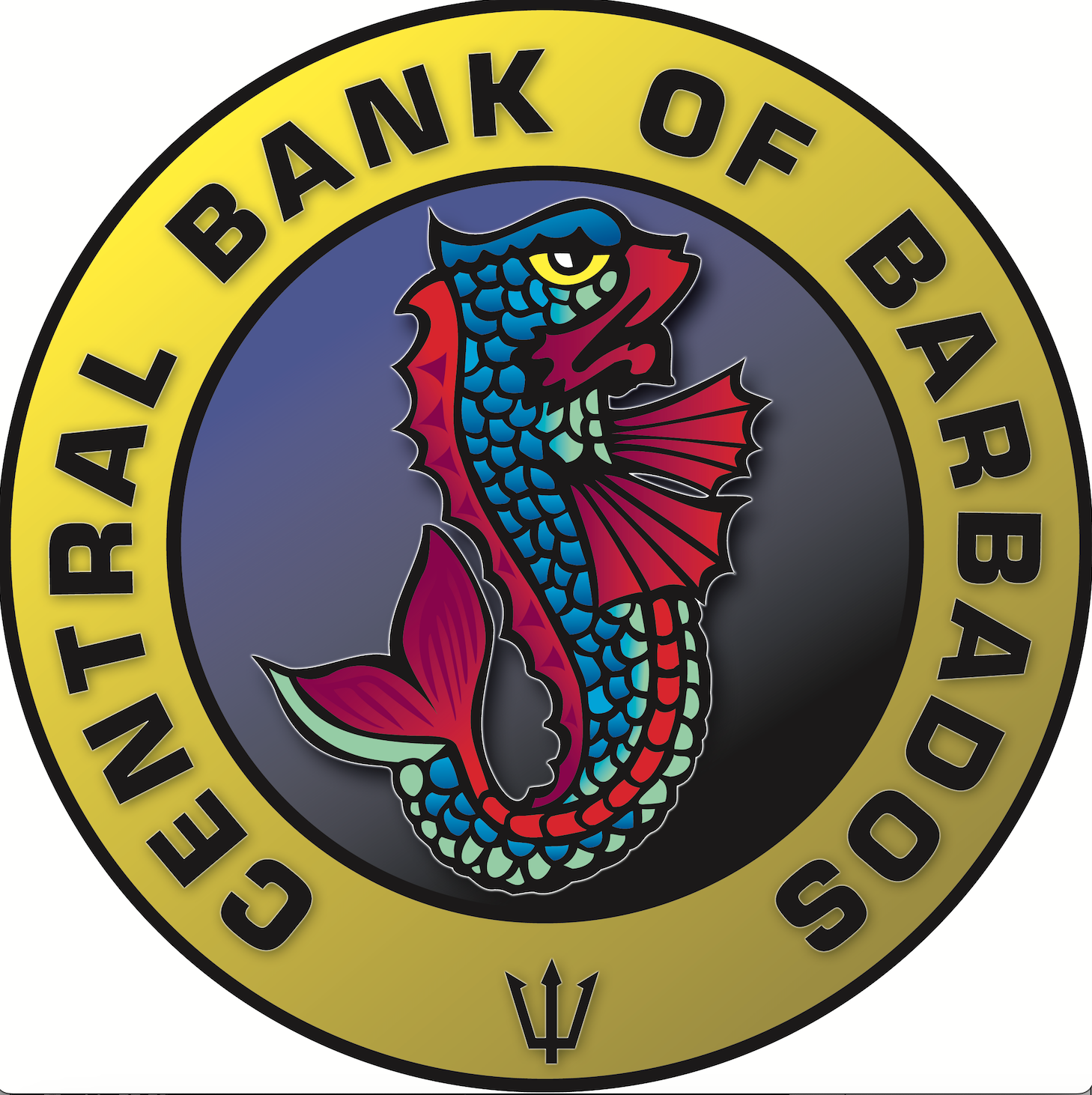Effective Legal Frameworks for Building the Digital Economy in collaboration with the Commonwealth – Workshop
- Overview
- Agenda
- Registration
- Speakers
- Presentations
- Documents
- Media
- Sponsors / Partners
- Remote
Participation - Event
Evaluation
- BACKGROUND
The Governments of the Member States of the Caribbean Community established the Caribbean Telecommunications Union (CTU) by treaty on 28th April 1989.
Since its establishment, the CTU has been able to create a multi-stakeholder platform that actively promotes collaboration among all ICT stakeholders and supports public-private partnerships. Through the CTU’s expanded membership, the private sector, civil society and regulators are actively engaged in ICT policy formulation processes.
In so doing the CTU, has become:-
- A key facilitator for the formulation of Caribbean ICT policy and best practices
- A trusted and reliable source of ICT advice for regional Governments
- One of the principal contributors to the development of ICT capacity within the region, and
- An advocate for Caribbean ICT positions at international fora
The extensive work programme of the CTU in capacity building and knowledge sharing of policy and best practices in relation to ICT within the region, has laid the foundation for collaboration between the CTU and the Commonwealth Connectivity Agenda Section of the Trade Oceans and Natural Resources Directorate in spearheading capacity building initiatives within the Caribbean.
THE COMMONWEALTH CONNECTIVITY AGENDA
Commonwealth leaders adopted the Commonwealth Connectivity Agenda (CCA) at the Commonwealth Heads of Government Meeting (CHOGM) in April 2018, with a view to boosting trade and investment links across the Commonwealth and raising intra-Commonwealth trade to US$2 trillion by 2030. The CCA is structured around five (5) clusters/working groups, each of which is chaired by a member state and in which members participate on a voluntary, opt-in basis. The topics of focus of the various working groups have originated from members themselves and are as follows: –
- Physical Connectivity focusing on digital infrastructure and led by The Gambia
- Digital Connectivity focusing on digital transformation and the digital economy and co-led by South Africa and the United Kingdom
- Regulatory Connectivity focusing on the regulatory environment for MSMEs and led by Barbados
- Business-to-Business Connectivity focusing on improving Commonwealth business links and dialogue between public and private sectors, led by Bangladesh, and
- Supply Side Connectivity focusing on leveraging digitalisation into the agricultural and fisheries sectors and led by Vanuatu
Each Cluster serves as a platform for knowledge sharing among member states of the Commonwealth so that Commonwealth countries can effectively learn from the policy successes and failures of other members.
The CCA is committed to supporting the needs of all Commonwealth member states and, in this regard is quite fortunate to have the active participation of several CTU Member States as Cluster Group Members[1].
In light of the growing importance of creating strong and resilient digital economies and the correlative need to create an adequate enabling environment through the creation of effective and cohesive legal frameworks, the CCA is desirous of partnering with CTU in order to deliver a three (3) day training workshop in relation to the development of legal frameworks within the region that support the digital economy.
TRAINING FOCUS AREAS
The Workshop will comprise various sessions each focusing on a distinct thematic area, which are outlined below: –
- Opening remarks / Objectives of the Workshop
Representative from Commonwealth Secretariat
Representative from the Caribbean Telecommunications Union
- Overview of the Key Legislative Building Blocks in the Development of National Frameworks that Support of the Digital Economy
Overview of the following key legislative areas:-
- Electronic Transactions
- Data Protection & Cross Border Data Flows
- Electronic Payment & Taxation
- Fintech & Regulatory Sandboxing
- Telecommunications
- Cybersecurity
- Consumer Protection
- Competition
- Intellectual Property
- Digital Identity and Authentication
- International Perspective: Trade Facilitation Agreements and International Cooperation
- Working session- feedback from participants, identification of issues (national, regional)
- Next steps / close of workshop
It is proposed that the Training Workshop be co-hosted between the Commonwealth Secretariat, CCA and the CTU and held in person on February 13-15, 2023 in Barbados, under the theme “Effective Legal Frameworks for Building the Digital Economy”.
It is anticipated that this initiative will have key input from regional and international agencies, such as, inter alia, the International Telecommunications Union (ITU), British Standards Institution (BSI), Commonwealth Telecommunications Organization (CTO), International Chamber of Commerce (ICC) and the CARICOM Competition Commission (CCC). Such agencies will be able to facilitate guest contributors who are experts in relation to the respective topic areas and who will make presentations during the course of the Workshop.
The venue for hosting of the event will be determined based on the conduct of site-visits to determine the most suitable location for the Workshop.
- Target Participants
The target audience for the Training Worksop includes key policy makers, governmental officials, senior ICT officials and technocrats as well as legal reform officers [Office of the Attorney General] involved in the information and communications technology and the digital trade/economy spheres. Ideally, a maximum of two (2) representatives per CTU Member State and regional organisation is envisaged.
—oOo—
[1] Barbados, Trinidad and Tobago, Jamaica, St. Kitts and Nevis, St. Lucia and Guyana are all CTU Member States which have opted-in to participate in the various Cluster Groups.
VIEW AGENDAREGISTERVIEW OR DOWNLOAD AGENDA (PDF)
Workshop on Effective Legal Frameworks
for Building the Digital Economy
Barbados, 13th – 15th February 2023
Accra Beach Hotel, Barbados
PROVISIONAL ANNOTATED AGENDA
| TIME (AST) | Provisional Annotated Agenda |
| Day 1: Monday 13th February 2023
Theme: Overview of Key Legislative Building Blocks in National Frameworks that Support the Digital Economy |
|
| 8:00-9:00am | Registration of Participants |
| AGENDA ITEM I: OPENING SESSION | |
| 9:00-9:05am | Introduction and Housekeeping Announcements
[Francola John- Stakeholder Engagement and Event Management Specialist, CTU] |
| 9:05-9:10am | Welcome Remarks by Caribbean Telecommunications Union (CTU)
[Rodney Taylor, Secretary-General] |
| 9:10-9:15am | Welcome Remarks by the Commonwealth Secretariat
[Paulo Kautoke, Senior Director, Trade Oceans and Natural Resources Directorate] |
| 9:15-9:30am | Address by Hon. Dale Marshall Q.C. M.P, Attorney General and Minister of Legal Affairs, Barbados |
| 9:30-9:35am | Workshop Group Photo |
| AGENDA ITEM II: MAIN SESSION | |
| 9:35-10:15
[United Nations Capital Development Fund (UNCDF)]
Virtual
|
Measuring digital economies and creating an enabling regulatory environment for financial innovation.
This session will feature a Presentation on the Inclusive Digital Economy Scorecard (IDES), a tool to measure the development of digital economy and its inclusiveness. Experience from several countries globally using IDES will be shared. Digital finance is a key foundation of digital economies and the IDES tool. Building from key metrics captured by the IDES tool for developing an enabling environment for Digital Finance, this session will also discuss regulatory enablers for digital finance and in particular the enabling of e-money and FinTech and implications on licensing and supervision frameworks. [Mark Wensley, Digital Advisor to the UN Capital Development Fund Helen Gradstein, Regional Digital Finance Specialist, Caribbean] |
| 10:15-10:45
[AGLA-Intellectual Property Office Trinidad and Tobago] |
Intellectual Property
This session will feature a Presentation in relation to the importance of protecting intellectual property within the digital sphere of online business and the essential legislative features which should be put into place based on international best practice standards. This session will also feature a Q&A. [Regan Asgarali, Controller of Intellectual Property, Intellectual Property Office of Trinidad and Tobago] |
| 10:45-11:00am Coffee Break | |
| 11:00-11:45 am
[Moderator: Chris Southworth, SG, International Chamber of Commerce, UK]
|
Panel Discussion on Fintech & Regulatory Sandboxing
This panel will feature representatives from the Private Sector, Banking Industry, as well as the Government/Regulator. Panelists: [Felicity Jaforktuk, Country Manager, Zeemoney, Barbados John Outridge, CEO, Trinidad & Tobago International Financial Centre Warrick Ward, CEO, Financial Services Commission, Barbados] |
| 11:45-12:00 | Moderated Q&A Session |
| 12:00 Lunch | |
| 1:00-1:35
[The Commonwealth Secretariat: Commonwealth Connectivity Agenda (CCA)] |
Data Protection & Cross Border Data Flows
This session will feature a presentation in relation to the importance of establishing resilient data protection and privacy legislative frameworks, as a measure to promoting greater trust and confidence and also facilitating cross-border trade and data flows. [Vashti Maharaj-Adviser Digital Trade Policy, CCA] |
| 1:35-2:15
[CARICOM Competition Commission] |
Consumer Protection & Competition/Fair Trading Legislation to Bolster the Digital Economy
This session will feature a presentation on the importance of establishing a comprehensive framework for consumer protection as well as competition/fair trading within Caribbean jurisdictions. The critical role of the establishment of customer redress and dispute resolution processes as well as the promotion of fair competition as a foundational element in building the digital economy. This session will also feature a brief Q&A segment. [Nievia Ramsundar, Executive Director/CEO of the CARICOM Competition Commission] |
| 2:15-2:30pm Coffee Break | |
| 2:30-3:15pm
[Telecommunications Authority of Trinidad and Tobago] |
Bridging the Digital Divide: Telecommunications Legislative Frameworks
This session will feature a presentation on the importance of building strong foundational telecommunications legal frameworks in bolstering and supporting the digital economy and will place focus on critical issues such as pricing and quality of service, universal service obligations, as well as international standards. This session will also feature a brief Q&A segment. [Annie Baldeo, Executive Officer Policy, Planning and Economics, Telecommunications Authority of Trinidad and Tobago] |
| 3:15-3:45pm
[CARICOM Impacs]
|
The Role of Cybersecurity in Building Trust & Confidence in the Digital Economy
This session will present an outline of the importance of cybercrime/computer crimes/computer misuse legislation in establishing trust and confidence in the integration within the digital economy. Focus will be placed on key regional policy and legislative interventions as well as principal areas of focus of legislators and key policy makers. [Anselm Charles, Information and Communications Technology Manager, CARICOM IMPACS] |
| 3:45-4:00pm
[CTU] |
Wrap Up and Close of Day One Proceedings
[Rodney Taylor, Secretary-General, CTU] |
| Opening Cocktail Event [6:00pm-8:00pm] | |
| Day 2: Tuesday 14th February 2023
Theme: International Perspectives on Building the Digital Economy |
|
| 9:00-9:35 am
[BSI]
|
The Role of Standardization in Legal Frameworks for Building the Digital Economy
This presentation will focus on the role of incorporating international standards into legislative frameworks and its Standards Based Digitalization Toolkit which focuses on various elements which contribute towards building the digital economy. [Cindy Parokkil – International Policy Manager – BSI] |
| 9:35- 10:05 am
[International Chamber of Commerce] |
Bridging Borders: ICC Standards Toolkit for Cross-Border Paperless Trade
This presentation will present an outline of the Standards Toolkit for Cross-Border Paperless Trade, which has been developed by the International Chamber of Commerce’s Digital Standards Initiative and the World Trade Organization. An overview will also be provided of the work that is being spearheaded by the ICC to promote harmonization of legal frameworks. This session will also facilitate a Q&A segment. [Chris Southworth Secretary General of the International Chamber of Commerce, UK] |
| 10:05-10:20 am Coffee Break | |
| 10:20- 11:00am
[International Telecommunication Union] |
Bringing the Pieces Together, The Importance of Regional Harmonization
This session focuses on the importance of the regional harmonization of laws that create an enabling environment for the digital economy. An overview of the HIPCAR Project is provided and the outcomes within the Caribbean. [Sofie Maddens, Head of the Regulatory and Market Environment, ITU] |
| 11:00-11:45am
[Moderator: SG CTU] |
Panel Discussion: Caribbean Harmonization
This Panel discussion aims to engage regional providers on the priority areas of focus in fostering Caribbean harmonization of enabling legislation that boosts and support the digital economy. The discussion aims to also identify some of the hurdles and also set out clear recommendations for moving ahead. Panelists: [Sofie Maddens, Head of the Regulatory and Market Environment, ITU Dr. Chantal Ononaiwu, Director (Trade), CARICOM Single Market and Trade] |
| 11:45-12:00 | Moderated Q&A Session |
| 12:00-1:00pm Lunch | |
| 1:00pm-1:35pm
[UN Commission on International Trade Law (UNCITRAL)] Virtual |
Role of Legal Harmonization In Bolstering The Digital Economy: The Contribution of the UNCITRAL Model Laws on Electronic Transferable Records and The Use and Cross-border Recognition of Identity Management and Trust Services
[Dr. Luca Castellani, Legal Officer, Secretary of Working Group IV (Electronic Commerce), UNCITRAL] |
| 1:35-2:15pm
[The Commonwealth Secretariat: CCA]
|
International Perspective: Trade Facilitation Agreements & International Cooperation
This session presents an overview of Trade Facilitation Agreements which impacts upon the Commonwealth (with particular focus on the Caribbean context). This leads to a discussion of the impact upon legal frameworks that are required to translate such international cooperation initiatives into domestic law. [Mohammed Owais Khan, Adviser, Regulatory Framework, Commonwealth Connectivity Agenda, The Commonwealth Secretariat] |
| 2:15-2:30pm Coffee Break | |
| 2:30-4:00pm
[The Commonwealth Secretariat: CCA] |
Group Work Assignment
Participants will be allocated to different working groups and presented with a practical problem statement/scenario in which they are required to analyze the fact pattern and identify workable recommendations. Such recommendations will be in the form of a presentation to the entire group and will be presented to a panel of esteemed judges. |
| 4:00-4:15 pm | Wrap Up and Close of Day Two Proceedings |
| Day 3: Wednesday 15th February 2023
Theme: Regional Feedback & Way Ahead |
|
| 9:00-9:15 am
[The Commonwealth Secretariat: CCA] |
Review of Day 2 Findings and Key Takeaways |
| 9:15-10:45am | Group Assignment Discussion
Participants will convene in their groups and complete their presentation, nominate their presenter and prepare for rationalization of their main points and recommendations. |
| 10:45-11:00am Coffee Break | |
| 11:00am-12:00 | Presentation by Groups |
| 12:00-12:30pm | Q&A by Panel of Judges |
| 12:30-1:30pm Lunch | |
| 1:30-2:15pm | Partner Presentation(s) |
| 2:15-3:00pm
[CTU] |
Key Workshop Takeaways and Next Steps |
| 3:00pm-3:15pm
[CTU& CCA] |
Vote of Thanks and Close of Proceedings
[Kirk Haywood, Head Commonwealth Connectivity Agenda, Trade Oceans and Natural Resources Directorate, The Commonwealth Secretariat] [Rodney Taylor, Secretary-General, Caribbean Telecommunications Union] |
| END OF WORKSHOP | |
Day 1 | |
|---|---|
| Mark Wensley, Digital Advisor to the UN Capital Development Fund; Helen Gradstein, Regional Digital Finance Specialist, Caribbean | Measuring Digital Economies and Creating an Enabling Environment for Financial Inclusion |
| Regan Asgarali, Controller of Intellectual Property, Intellectual Property Office of Trinidad and Tobago | Intellectual Property |
| Warrick Ward, CEO, Financial Services Commission, Barbados | Fintech & Regulatory Sandboxing |
| Vashti Maharaj-Adviser Digital Trade Policy, CCA | Data Protection and Cross Border Data Flows |
| Nievia Ramsundar, Executive Director/CEO of the CARICOM Competition Commission | Consumer Protection & Competition/Fair Trading Legislation to Bolster the Digital Economy |
| Ms. Annie Baldeo, Executive Officer Policy, Planning and Economics, Telecommunications Authority of Trinidad and Tobago | Bridging the Digital Divide |
| Anselm Charles, Information and Communications Technology Manager, CARICOM IMPACS | The Role of Cybersecurity in Building Trust & Confidence in the Digital Economy |
Day 2 | |
| Country Report Exercise (TTX) | |
| Ms. Cindy Parokkil – International Policy Manager – BSI | The Role of Standardisation in Legal Frameworks for Building the Digital Economy |
| Mr. Chris Southworth Secretary General of the International Chamber of Commerce, UK | Bridging Borders: ICC Standards Toolkit for Cross-Border Paperless Trade |
| Ms. Sofie Maddens, Head of the Regulatory and Market Environment, ITU | Digital Regulation for Digital Transformation and Access for All |
| Mr. David Geary, Consultant, Digicel | Effective legal frameworks for building the digital economy |
| Dr. Luca Castellani, Legal Officer, Secretary of Working Group IV (Electronic Commerce), UNCITRAL | Role of Legal Harmonization in Bolstering the Digital Economy: the Contribution of UNCITRAL |
| Mr. Mohammed Owais Khan, Adviser, Regulatory Framework, Commonwealth Connectivity Agenda, The Commonwealth Secretariat | International Perspective: Trade Facilitation Agreements & International Cooperation |
Day 3 | |
| Antigua and Barbuda Country Report (Online group) | |
| St. Vincent and the Grenadines Country Report | |
| Barbados Country Report | |
 Digital Advisor, UN’s Capital Development Fund Mark Wensley Mark Wensley is a Digital Advisor to the UN’s Capital Development Fund, where he supports the growing community of policymakers that use the Inclusive Digital Economy Scorecard to connect with peers and exchange insights on leading their national digital transformation strategies. He also consults to impact investors and foundations to design strategies that leverage digital marketplace platforms in the Global South to offer “embedded finance” and inclusive fintech to low-income people and small businesses. He currently chairs the advisory group for Mastercard’s Strive Community. As an Associate Director at the Mastercard Foundation, Mark previously built and led the US $300 million portfolios for Next Generation Financial Services and Agricultural Finance, which supported Africa’s most innovative banks, telcos, and fintechs to expand digital finance to over 12 million people. He started his career sourcing early-stage companies across Asia for Unitus, a pioneering impact investor that accelerated their growth with debt and equity investments and advisory – these were among the first microfinance companies to IPO globally. |
 Regional Digital Finance Specialist for the Eastern Caribbean Region, UNCDF Helen Gradstein Helen Gradstein is the Regional Digital Finance Specialist covering the Caribbean for the UNCDF, based in Port of Spain, Trinidad and Tobago. She is an expert in digital finance and financial inclusion and is passionate about ensuring that financial inclusion policies and programmes protect consumers, empower women, and support financial capability. Previously, Ms. Gradstein worked as a Financial Sector Specialist in the World Bank’s Financial Inclusion and Payments team. She holds a Masters in Global Policy from the University of Texas at Austin, and a Bachelor of Science in Mathematics from the University of California, Santa Barbara. She can be reached at Helen.Gradstein@uncdf.org . |
 Adviser, Digital Trade Policy in the Trade, Oceans and Natural Resources Directorate, Commonwealth Secretariat Vashti Maharaj Ms. Vashti Maharaj currently serves as the as Adviser, Digital Trade Policy in the Trade, Oceans and Natural Resources Directorate of the Commonwealth Secretariat where she primarily focuses on advancing the Commonwealth’s work on digital trade and works as part of a multidisciplinary team to deliver the goals of the Commonwealth Connectivity Agenda for Trade and Investment. For the past decade she has worked extensively on national and regional projects in the primary areas of e-governance, electronic commerce, telecommunications, data protection, intellectual property and cyber security from a policy and regulatory perspective. She has been involved in Projects led by the ITU, CTU, World Bank as well as Commonwealth Connects and is also a member of the University of Oxford, Cyber Security Capacity Building Centre’s Working Group on Cybersecurity, Policy, Legal and Regulatory Environment as well as the Legal Reform Advisory Board of the International Chamber of Commerce. |
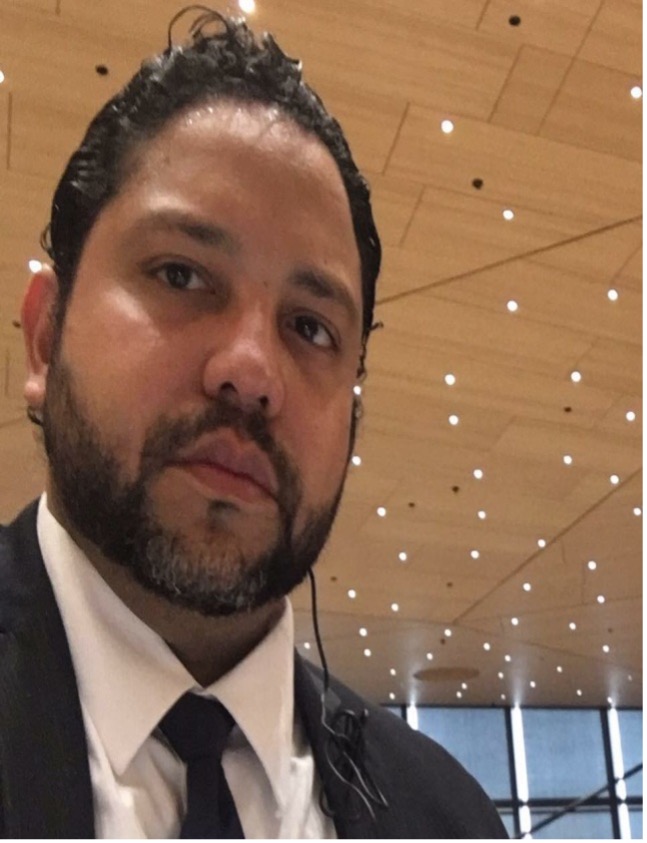 Controller of Intellectual Property, Intellectual Property Office of Trinidad and Tobago Regan Mark Asgarali Regan Mark Asgarali is an Attorney at Law attached to the Intellectual Property Office of Trinidad and Tobago as the Controller of Intellectual Property. He joined the Office in July 2009. A graduate of the Faculty of Law, University of the West Indies, Mr. Asgarali has a Bachelor of Laws (Upper 2nd Class Hons.) (2000) and a Legal Education Certificate from the Hugh Wooding Law School (2002). In 2002 he was admitted to practice law in Trinidad and Tobago and is a member of the Law Association of Trinidad and Tobago. Mr Asgarali is also the holder of a postgraduate certificate, diploma and a Master of Laws (LLM) in intellectual property law from the University of London. He possess several certificates from the World Intellectual Property Organization (WIPO) in Geneva, Switzerland, in areas such as Management and Administration of IP Offices, advanced courses on Trademarks, Industrial designs, Geographical Indications, Mediation and Arbitration, New Plant varieties and IP Enforcement. Mr. Asgarali practised law at Mair & Company from 2002-2008 in general practice with particular focus on litigation, intellectual property, entertainment law and corporate commercial/conveyancing. He also served as the Legal Secretary to the Arbitral Panel for the determination of Telecommunication Interconnection disputes. Mr. Asgarali practised in the Commercial Department of Lex Caribbean from 2008 – 2009 with primary responsibility for Intellectual Property matters and was also involved in Mergers and Acquisitions. At the Intellectual Property Office as Controller for Intellectual Property, he is responsible for the administration of all laws pertaining to intellectual property and for the strategic direction of the intellectual property office, inter alia. He is presently concentrating on flagship projects such as a proposed IP academy for Trinidad and Tobago, an IP library and technological innovation support centre, and for the introduction of a paperless IP office. |
 Executive Director/CEO, CARICOM Competition Commission Nievia Ramsundar Ms. Nievia Ramsundar currently holds the position of Executive Director/CEO of the CARICOM Competition Commission, located in Suriname. She is an attorney at law with over 20 years’ experience. Her experience has focused primarily on telecommunications and broadcasting law and regulation, competition law, utilities regulation, commercial practice, intellectual property law, international environmental law and regulation. She formerly held the position of Corporate Secretary/Executive Officer Legal and Regulatory Affairs at the Telecommunications Authority of Trinidad and Tobago (TATT). She has previously worked at Mair and Co, former investment promotion agency T.I.D.C.O. and was also Head, Legal Services at the Ministry of Public Utilities and Environment (now Public Utilities). She contributed significantly to the policy and legislative reform of the tourism, environmental, utilities and communications sectors in Trinidad and Tobago. Her main work currently focusses on ensuring economic integration in the Caribbean Community Single Market and Economy. |
 Information and Communications Technology (ICT) Manager, CARICOM IMPACS Anselm Charles Anselm Charles is the current Information and Communications Technology (ICT) Manager with oversight of ICT projects, services and infrastructure at CARICOM IMPACS. Anselm joined the Agency in 2008 and has moved up through the ICT Department to his current post. Anselm Charles brings a wealth of management and operational ICT knowledge and a high level of logic and determination. Anselm is currently responsible for all internal and regional ICT systems including the Advanced Passenger Information System (APIS), Advanced Cargo Information System (ACIS) and the implementation of the activities that fall under the CARICOM Cybersecurity and Cybercrime Action Plan (CCSCAP). Anselm holds a MSc (Distinction) in Network Security and numerous industry certifications with a penchant for routing and switching. In his free time Anselm enjoys traveling to interact with new cultures, learning new technologies, reading and photography. |
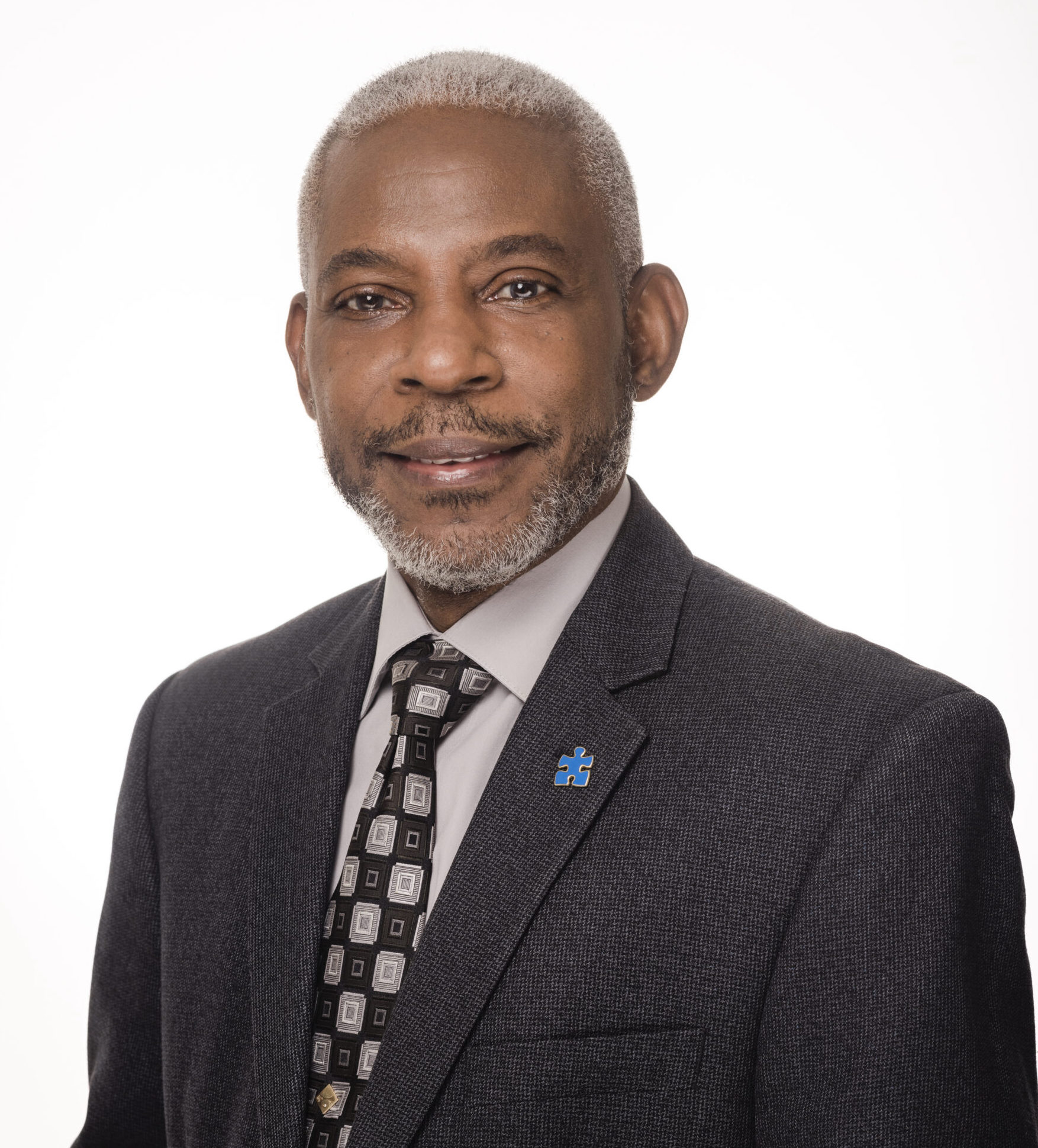 Deputy Secretary General and Head of Regional Policy Development Nigel Cassimire Nigel Cassimire is a telecommunications engineer with over thirty years of experience in the technical, operational and executive management of telecommunications systems and services. He has intimate understanding of a broad range of information and communications technologies and services, with practical experience in network and service planning, operations management and domestic and international telecommunications policy development. Mr. Cassimire has functioned as a Consulting Telecommunications Specialist since July 2005 and has worked extensively with the Caribbean Telecommunications Union (CTU) Secretariat in Port of Spain developing and promoting harmonised Caribbean positions in the areas of spectrum management, Internet governance and ICT policy. He has also successfully conducted consultancies for several of the member governments of the CTU. Mr. Cassimire has Bachelor’s and Master’s degrees in Electrical Engineering as well as a Diploma in Management Studies from The University of the West Indies, St. Augustine. He is a fellow of the Telecommunications Engineering and Management Institute of Canada (TEMIC) and an alumnus of the Advanced Management Programme at INSEAD, Fountainbleau, France |
 International Policy Manager, British Standards Institution Cindy Parokkil Cindy Parokkil is International Policy Manager at the British Standards Institution (BSI) and is leading its International Digitalization Programme. She advises Governments and International Organizations on leveraging international standards and the quality infrastructure system to achieve policy objectives covering digital transformation and sustainability. She holds a MSc in Economics for Development from the University of Oxford. Prior to joining BSI in 2020, she worked for the United Nations Industrial Development Organization, designing and implementing international development programmes focused on Quality Infrastructure and trade, mainly in Africa. Most recently, she has co-authored, two BSI Policy Whitepapers on “The Role of Standards in Supporting Digital Transformation and Facilitating Digital Trade” and “The Role of Standards and NSBs in achieving Net Zero. |
 Head of the Regulatory and Market Environment Division, ITU BDT Sofie Maddens Sofie Maddens is the Head of the Regulatory and Market Environment Division of the ITU BDT. A lawyer by training, Sofie Maddens has worked as Regulatory and Policy Expert in the telecommunications/ICT sector in international and multi-cultural environments, including in Asia and the Middle East, as well as in the Americas, Europe and Africa. She has managed complex private sector, government, and regional and international projects and grants for national governments and their National Regulatory Authorities, the European Commission, the World Bank, the Telecommunications Development Bureau of the ITU as well as for a wide variety of private telecommunications, consulting and financial sector clients. |
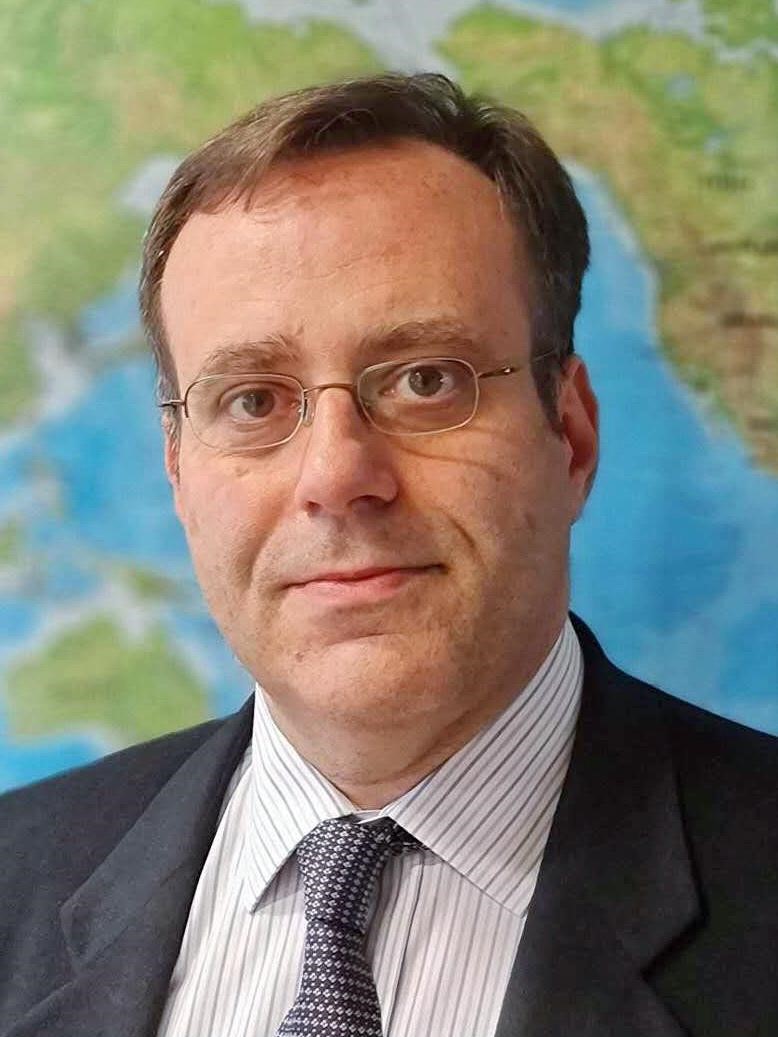 Legal Officer, Secretariat of the United Nations Commission on International Trade Law Luca Castellani Luca Castellani is a legal officer in the Secretariat of the United Nations Commission on International Trade Law (UNCITRAL). As secretary of UNCITRAL Working Group IV (Electronic Commerce), he oversaw the preparation of the UNCITRAL Model Law on Electronic Transferable Records and of the UNCITRAL Model Law on the Use and Cross-Border Recognition of Identity Management and Trust Services. He has assisted several countries in the enactment of UNCITRAL texts on electronic commerce. He is also active in the field of paperless trade facilitation and has contributed to drafting the Framework Agreement on Facilitation of Cross-border Paperless Trade in Asia and the Pacific. |
 Secretary General, ICC United Kingdom Chris Southworth Chris Southworth is Secretary General at the International Chamber of Commerce UK and a regular voice for business in the international media. He is also Co-Chair of the Legal Reform Advisory Board at the ICC Digital Standards Initiative, co-founder of the UK Centre for Digital Trade and Innovation and ICC Representative to The Commonwealth. He is a member of the ICC World Council as well as the International Advisory Boards of the Digital Trade Network and Queen Mary-UNIDROIT Institute of Transnational Commercial Law. Chris is a leading international expert on creating modern digital trade ecosystems, the founder of the ICC Digital Trade Roadmap, a member of the global team supporting the ICC Digital Standards Initiative, ICC G7 United Kingdom representative, a member of the ICC G7, G20, Digitisation and Ecommerce Working Groups. He is also a lead independent adviser to the UK government on the digitisation of trade on behalf of industry working with the Department for International Trade, Her Majesty’s Revenue and Customs, Her Majesty’s Treasury and Department for Digital, Culture, Media and Sport. Prior to joining ICC, he was Executive Director for Global Partnerships, at the British Chambers of Commerce, Head of the International Chambers of Commerce Unit at UK Trade and Investment (UKTI) and a Senior Policy Advisor to Lord Heseltine, former Deputy Prime Minister, for his independent review of UK competitiveness. In 2011 he was advisor to the Minister for Trade and Investment for the government review of mid-size businesses and consequent establishment of the mid-size business export programme. Former roles have encompassed deregulatory and social enterprise policy at the Department for Business. |

